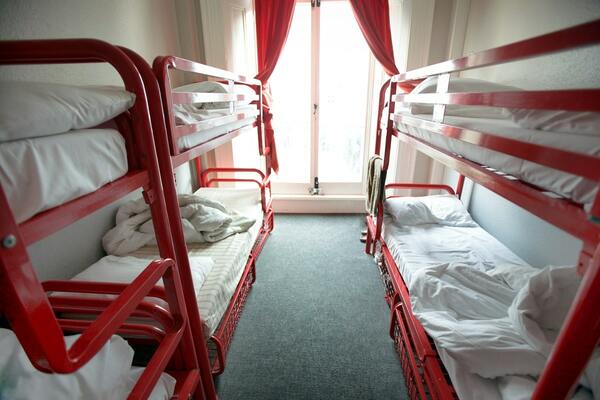Supported housing providers hit with escalating costs and spike in voids during pandemic
Providers of supported housing in England are beginning to feel the financial strain of coronavirus, with many reporting rising staffing costs and lost income from vacant property during the pandemic.

A survey by the National Housing Federation (NHF) found that the “vast majority” of respondents had experienced additional void losses during the COVID-19 outbreak.
For short-term schemes, 78% said they had void losses above what they would have expected while that figure rose to 100% for older people’s schemes.
The survey, which received 31 responses from providers across England in August, found a range of reasons for void losses including local authorities pausing nominations, government restrictions on house moves and providers’ own concerns about safety in their schemes.
Half the respondents reported increased costs, with some suggesting their costs had risen by nearly a third.
A major source of costs was staffing, with around a fifth of respondents reporting cost increases of more than 10% in this area. Other cost pressures arose from PPE, additional security and cleaning.
But the NHF survey also noted that savings had been made in areas such as travel expenses, training and furloughing.
The survey found that demand for services in long-term schemes had not changed much but demand for short-term support services had risen sharply. In total, 57% of respondents said they had seen increased demand for short-term services, compared to just 13% in long-term schemes.
Catherine Ryder, director of policy and research at the NHF, said: “Not only has there been increased demand for services, which are already in short supply, today’s survey results show that supported providers have continued to deliver under added financial pressure, having to spend more money on staff costs and PPE, as well as dealing with a loss of income through voids.
“Whilst the sector has proved it is resilient, long-term funding for supported housing is essential to ensure these services have certainty for the future and can meet increasing demand. This is why the government must put long-term investment in supported housing at the heart of its plans for recovery from the coronavirus crisis.”











